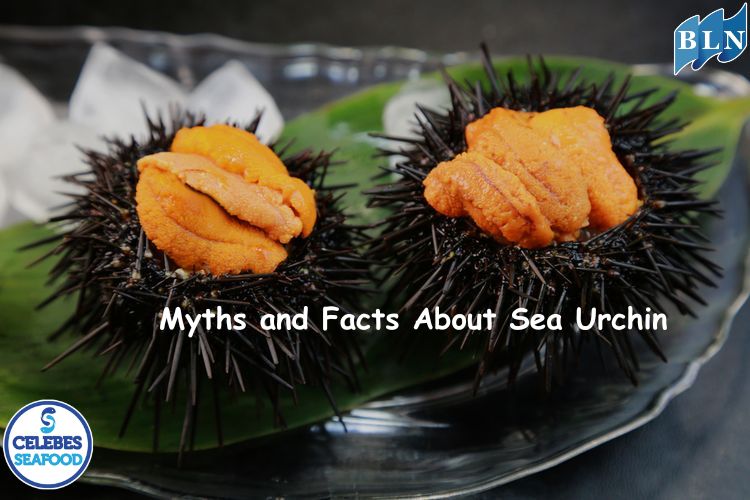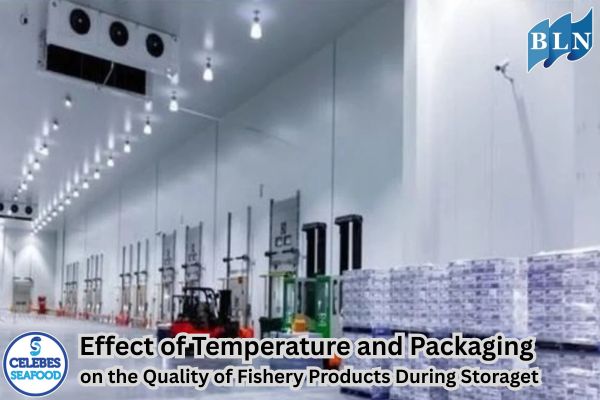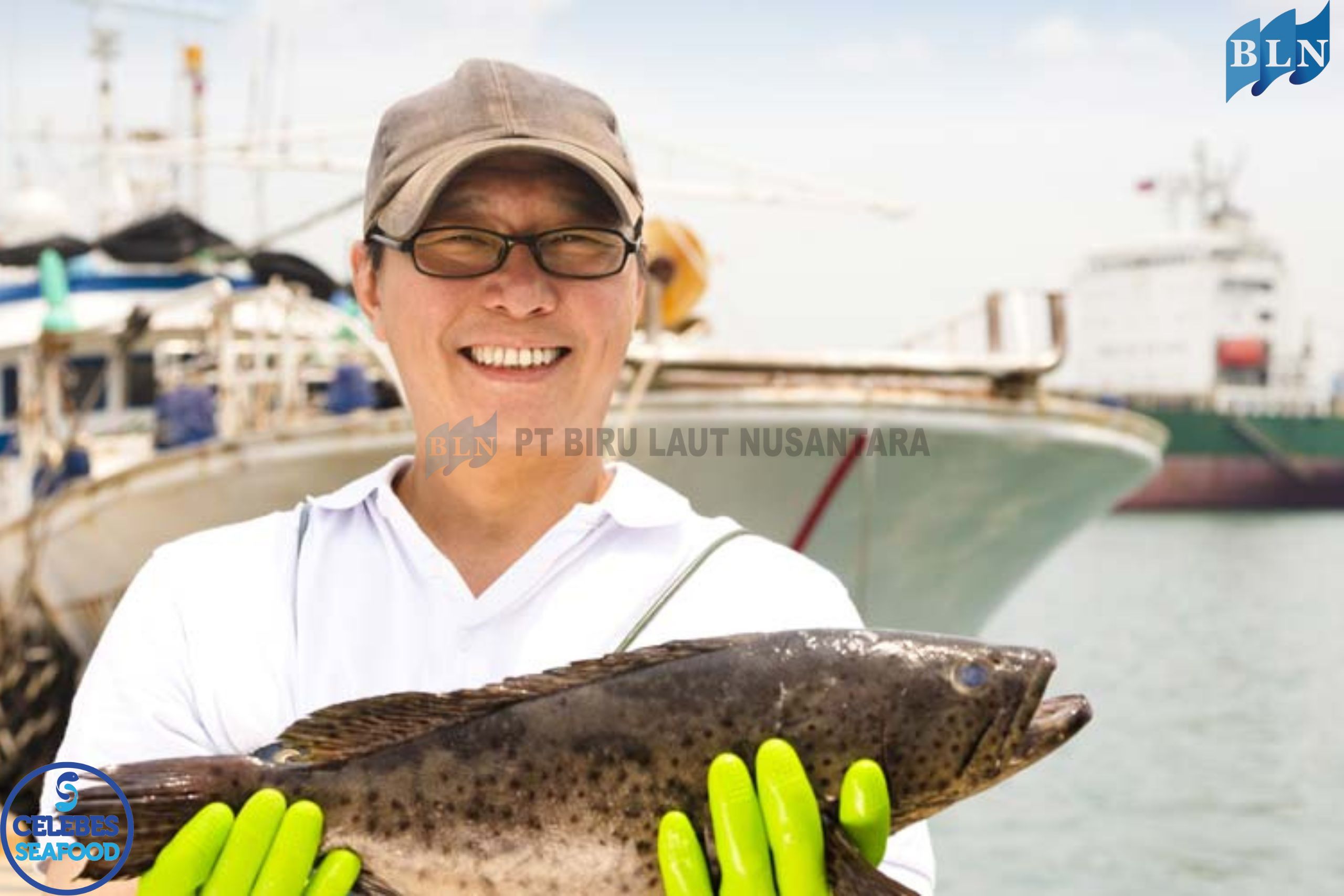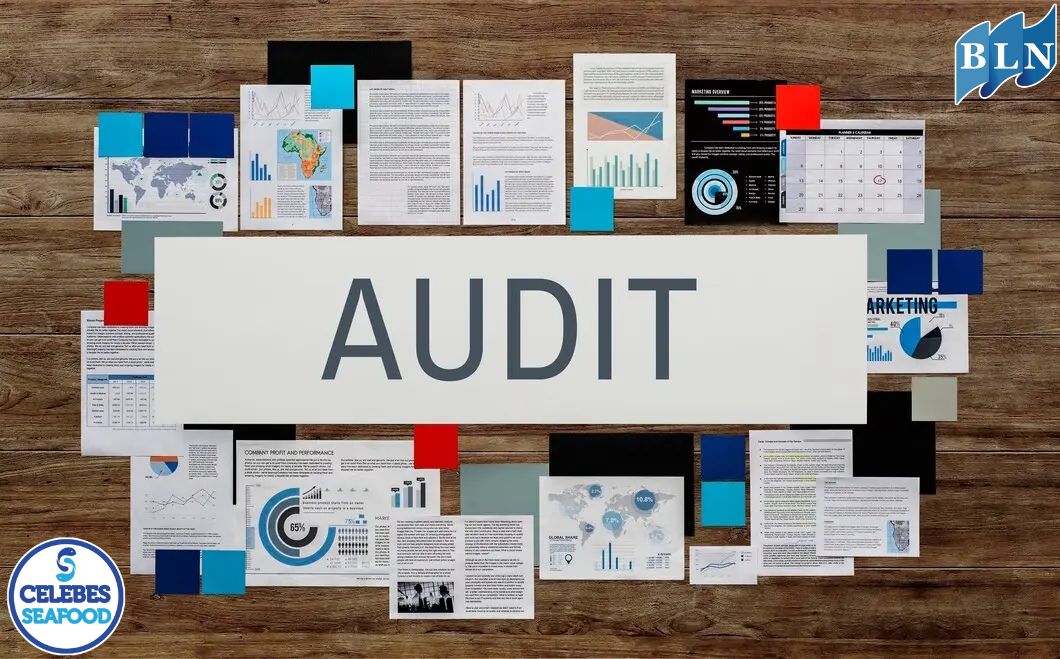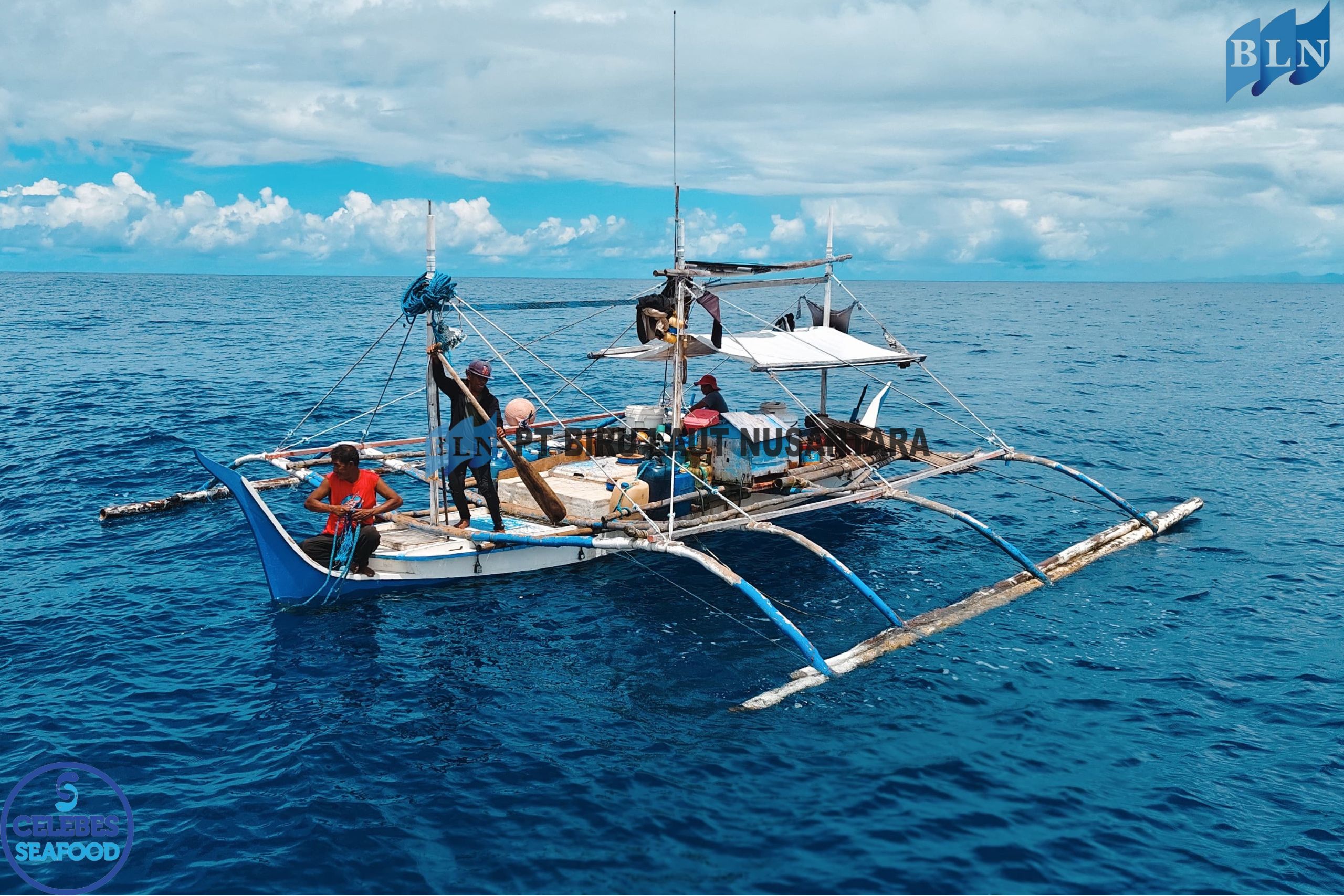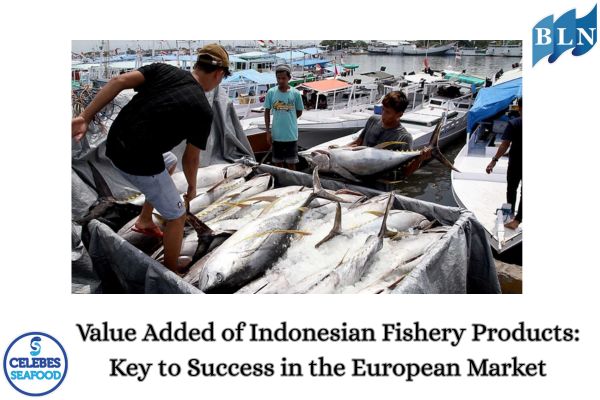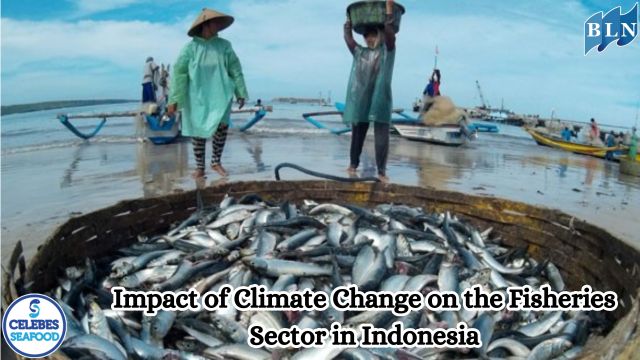Here’s What You Can Do With Fish Scraps
By. Nevanda - 06 Jul 2023
lautnusantara.com - Improperly discarded fish scraps become a source of water pollution, releasing organic matter that triggers a cascade of detrimental effects. The decomposition process leaches proteins, fats, and nutrients into surrounding water bodies, fueling eutrophication. Algal blooms choke aquatic ecosystems, leading to oxygen depletion, reduced water clarity, and disruption of delicate ecological balance.
Read also: This Is Why Fish Waste Is a Potential Resource of Biogas
The treatment of fish scraps can help minimize their negative effects on the environment. Here are a few alternative approaches:
1. Composting
Fish scraps can be composted along with other organic materials. Composting provides a controlled environment for the decomposition process, allowing the scraps to break down naturally and transform into nutrient-rich compost. This compost can then be used as fertilizer for gardens, agricultural fields, or landscaping, reducing the need for synthetic fertilizers.
2. Animal Feed Production
Fish scraps can be processed into animal feed. By utilizing rendering or processing techniques, the scraps can be transformed into a valuable protein source for livestock, poultry, or aquaculture feed. This approach adds value to the scraps and reduces waste while contributing to the circular economy.
3. Biogas Production
Fish scraps can be used in anaerobic digestion systems to produce biogas. Anaerobic digestion involves the decomposition of organic matter in the absence of oxygen, generating biogas, which can be used as a renewable energy source. The remaining digestate can be utilized as a nutrient-rich fertilizer.
Read also: 6 Reasons Why Consumes Fish Oil Is Good For Your Health
4. Fishmeal Production
Fish scraps can be processed into fishmeal, a high-protein ingredient used in animal feed and pet food. This process involves drying and grinding the scraps to create a concentrated protein source that can be incorporated into various feed formulations.
5. Fish Oil Extraction
Fish scraps can be utilized for the extraction of fish oil, which is rich in omega-3 fatty acids. Fish oil has numerous applications in the food, nutraceutical, and pharmaceutical industries. Extracting fish oil from the scraps maximizes the utilization of the fish and minimizes waste.
It is important to note that the choice of treatment method depends on factors such as local regulations, available infrastructure, and the specific needs and resources of the community or industry involved. Implementing these alternative treatments can help reduce the environmental impact of fish scraps and promote more sustainable waste management practices in the fisheries and seafood processing sectors.
Read also: Here is How To Make Homemade Honey Grilled Shrimp
